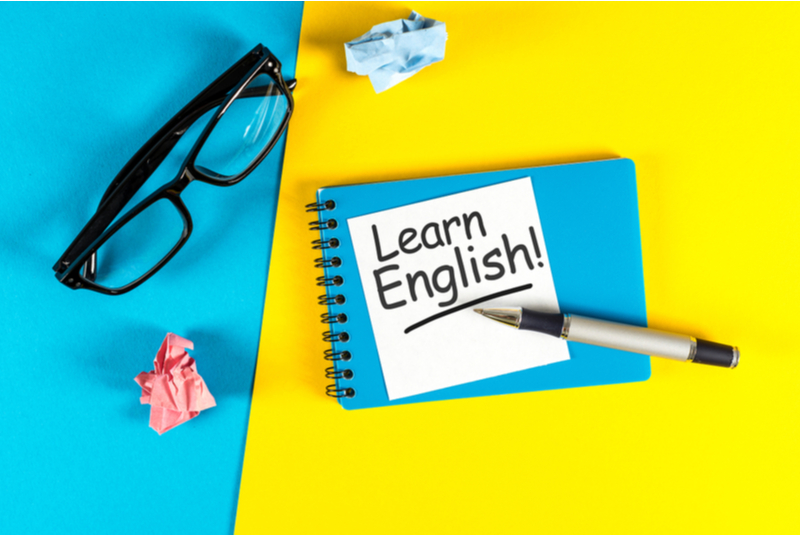
¿CUÁNDO USAR UN INFINITIVO O UN GERUNDIO EN INGLÉS?
Una de las partes gramaticales más complicadas de aprender en inglés es saber cuándo usar gerundio y cuando usar infinitivo. A continuación, vamos a explicar las nociones básicas:
Usamos GERUNDIO cuando:
- Cuando el verbo es el sujeto de la oración.
Por ejemplo: “Running in the morning makes me feel less tired” (Correr por las mañanas hace que me sienta menos cansado)
- Cuando el verbo se usa después de una preposición.
Por ejemplo: He kept on insisting (El siguió insistiendo)
- Después de algunos verbos. Se muestran abajo algunos de los ejemplos:
| Verbs | Examples |
| admit | He admitted stealing the wallet. |
| advise | I wouldn’t advise buying a used car. |
| allow | They don’t allow smoking here. (Note that when an object is introduced an infinitive is used instead of a gerund: they allowed us to leave early.) |
| consider | She considered starting a new business. |
| finish | She finished writing the letter. |
| go | go swimming. |
| keep | He keeps complaining about his girlfriend. |
| mention | He mentioned working in that company. |
| mind | Would you mind helping me? |
| miss | He misses talking to her. |
| permit | They don’t permit smoking here. (Note that, like allow, when an object is introduced an infinitive is used instead of a gerund: they permitted us to leave early.) |
| practice | She practiced painting. |
| resist | He couldn’t resist eating the cake. |
| suggest | I suggest leaving early. |
| like | I like watching TV. |
Usamos INFINITIVO cuando:
- Queremos expresar el próposito o razón por la que hacemos algo.
Por ejemplo: I went to France to see my sister.
- Después de algunos adjetivos (be determined, be delighted, be disappointed, be happy…)
Por ejemplo: She is determined to pass her exam.
- Después de too y enough.
Por ejemplo: That book is too long to read it in 1 week.
- Después de algunos verbos. Se muestran abajo algunos ejemplos:
| Verbs | Examples |
| afford | We can’t afford to buy a new car. |
| agree | She agreed to help him. |
| choose | He chose to stay at home. |
| decide | They decided to go to the movies. |
| expect | They expected to arrive early. |
| happen | They happened to be at the theatre when we met them. |
| learn | He learned to play the guitar when he was young. |
| need | I need to find a job. |
| offer | He offers to help us. |
| plan | He plans to follow a career as an engineer. |
| pretend | The child pretended to be asleep. |
| proceed | He proceeded to show us how to use the machine. |
| promise | She promised to come on time. |
| seem | He seemed to be unhappy. |
| want | I want to finish my work early. |
| would hate | He would hate to lose. |
| would like | He would like to drink a cup of tea. |
| would love | I would love to meet you. |


